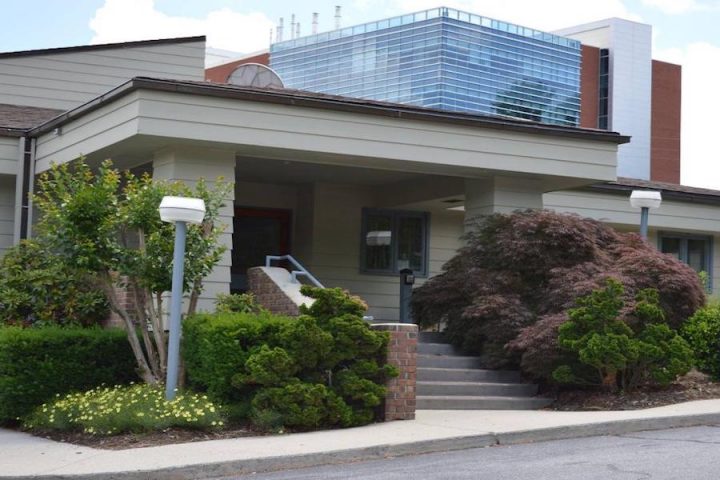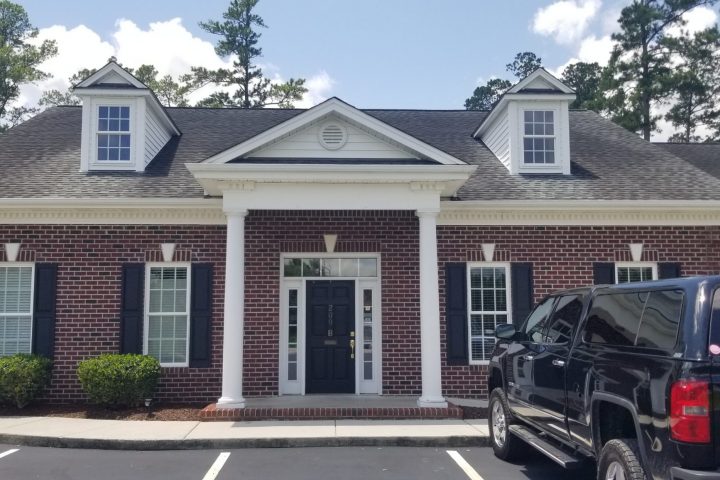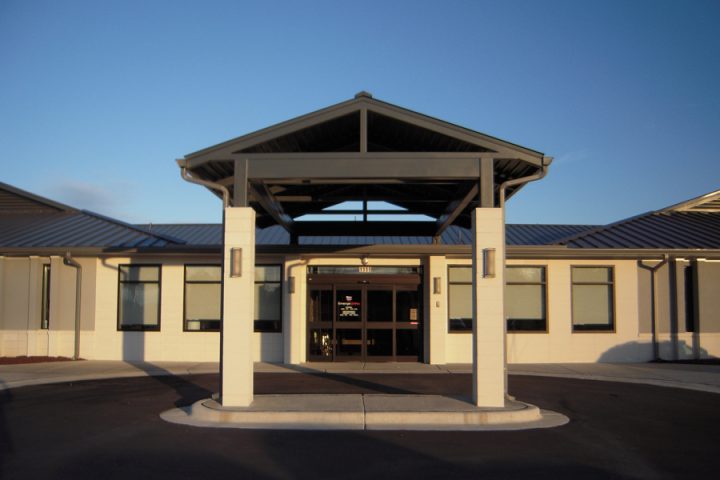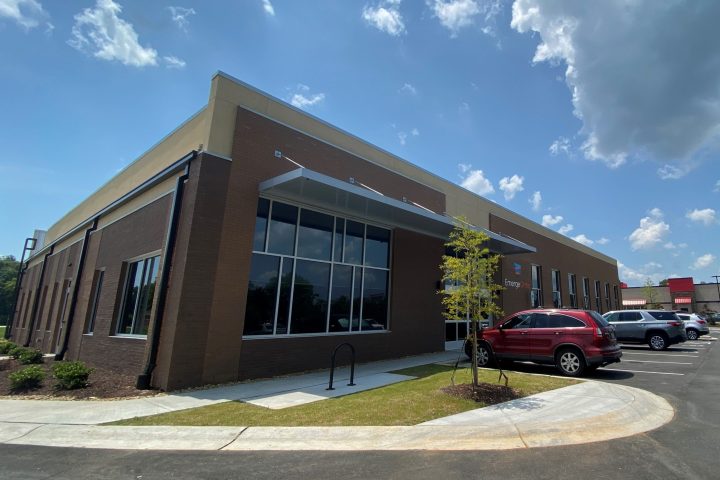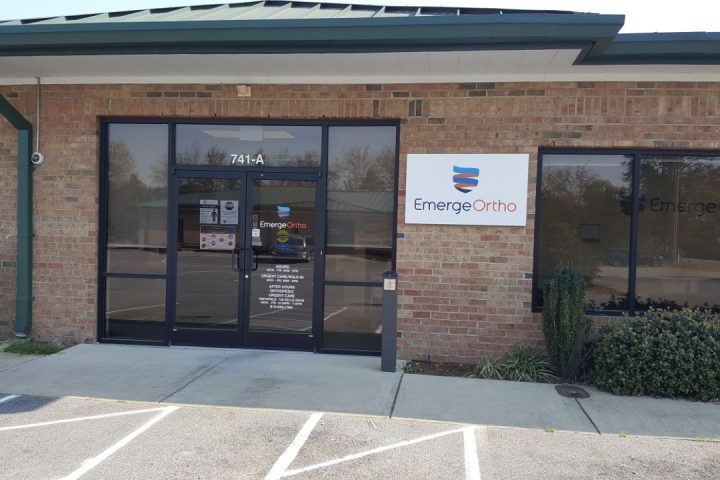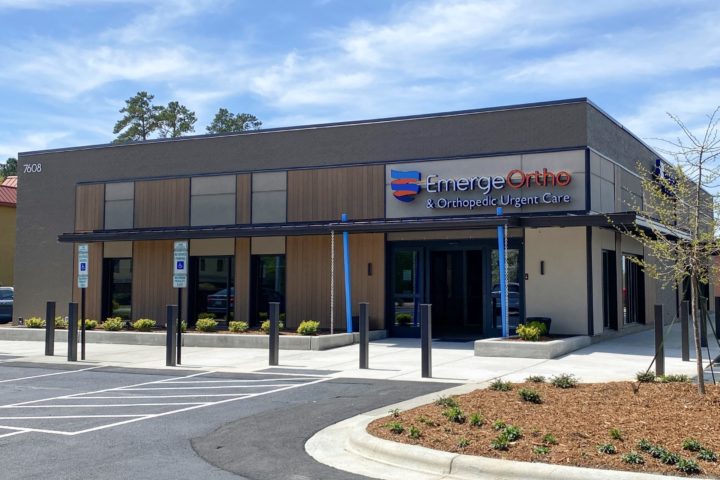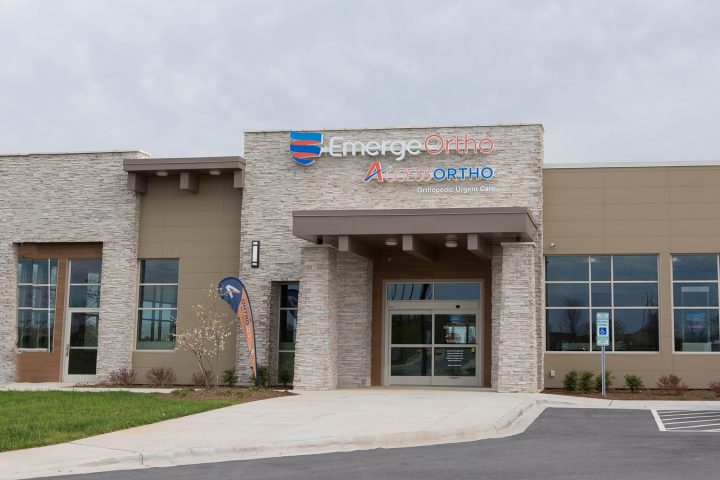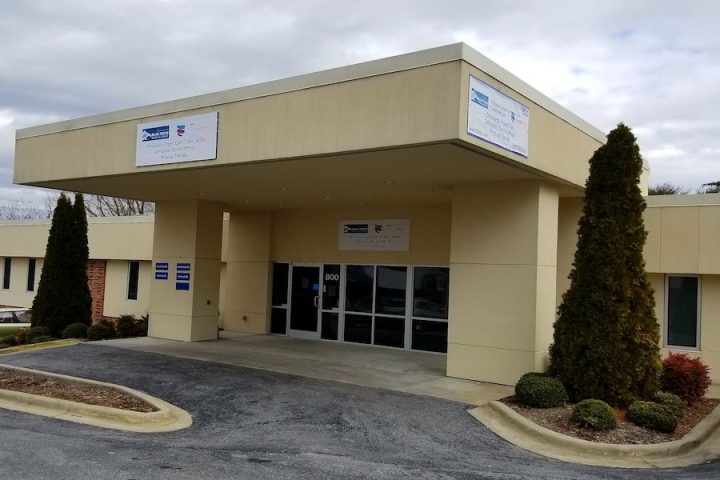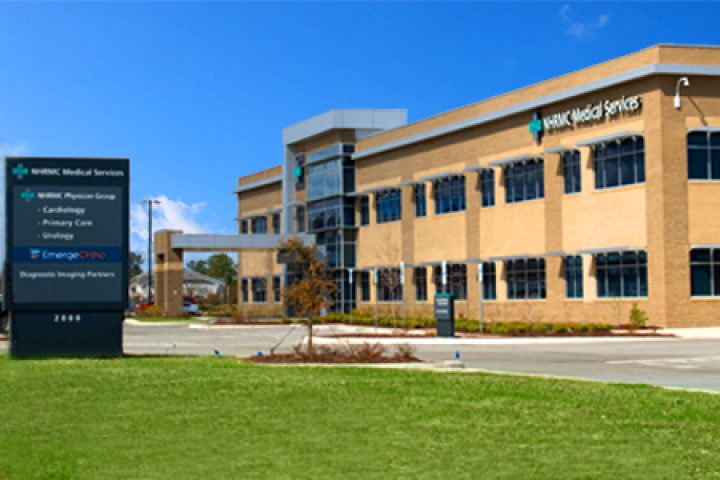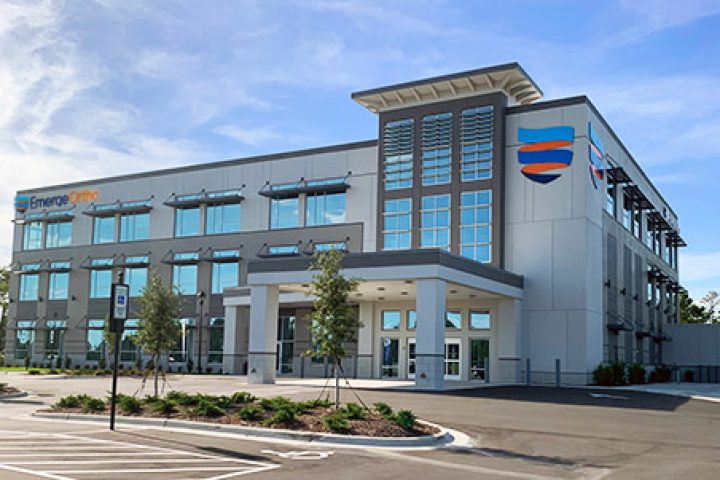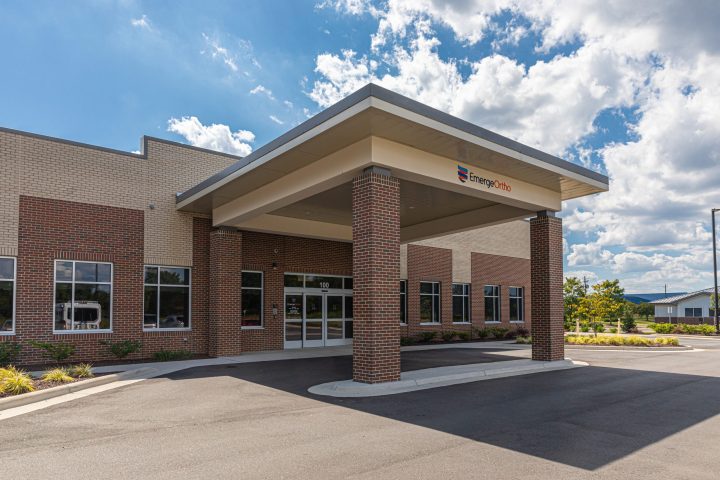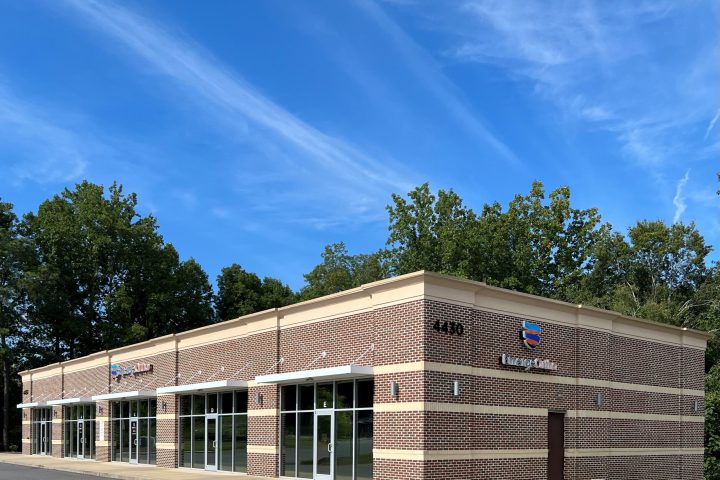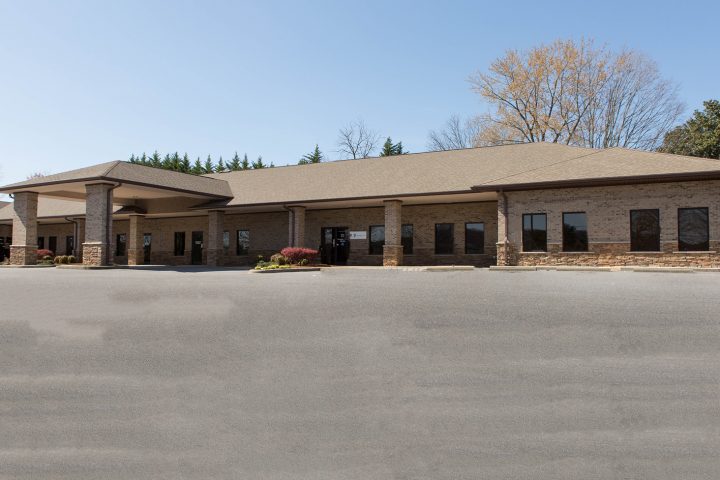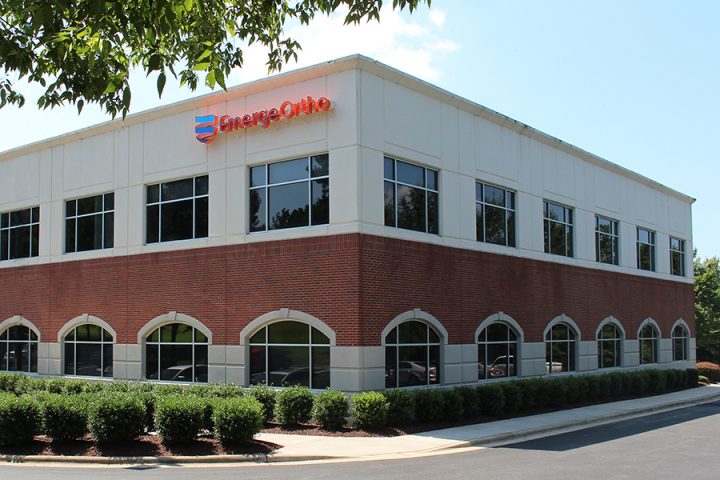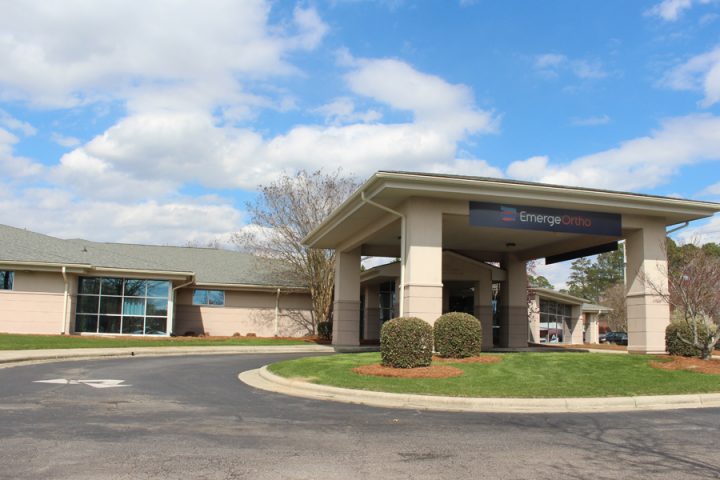The shoulder is one of the most complex and frequently stressed joints in your body. When your shoulder is affected by an injury or condition, it can make everyday activities especially difficult. One study found that shoulder pain affects 18%-26% of adults at any given time, making it one of the most common causes of pain.
Using the most advanced imaging, nonsurgical, and surgical technologies and procedures on-site, the expert shoulder doctors at EmergeOrtho evaluate, diagnose, and treat a range of injuries and conditions that cause shoulder pain.
The shoulder is made up of three bones: the upper arm bone (humerus), shoulder blade (scapula), and collarbone (clavicle). The head of the upper arm bone sits within a socket called a glenoid. A network of muscles and tendons (rotator cuff) cover the head of the upper arm bone and secure it within the socket. Because of its complex nature, the shoulder is susceptible to many painful injuries and conditions.
Common Causes of Shoulder Pain
A shoulder injury is often the result of a sports injury, accident, repetitive motion, or gradual wear and tear over time. The symptoms can range from mild to intense, depending on the injury’s severity.
Our shoulder specialists are skilled in expertly treating a variety of conditions, including:
- Frozen shoulder
- Shoulder impingement/bursitis
- Shoulder instability
- Biceps tendon concerns
- Shoulder fracture
- Shoulder pain
- Shoulder arthritis
- Rotator cuff tendinitis
- Rotator cuff injury
- Shoulder impingement
- Shoulder bursitis
- Chronic shoulder instability
- Dislocated shoulder
- Shoulder Iinjuries in the throwing athlete
- Glenoid-labrum tear
- Shoulder separation
- Brachial plexus injuries
When You Should See a Shoulder Doctor
Some shoulder injuries and painful conditions cannot be treated at home. We recommend you seek medical care before the pain interferes with your quality of life and you risk further serious damage. Some of the signs that you need an orthopedic shoulder specialist include:
- Shoulder pain that lasts longer than a week
- Shoulder pain that is not relieved by home treatments
- Interrupted sleep due to shoulder pain or discomfort
- Pain when you lift your arms over your head
- Weakness or inability to lift the arm
- A snapping or popping sound in the shoulder
- Visible abnormality of the shoulder
- Injury or trauma to the shoulder


